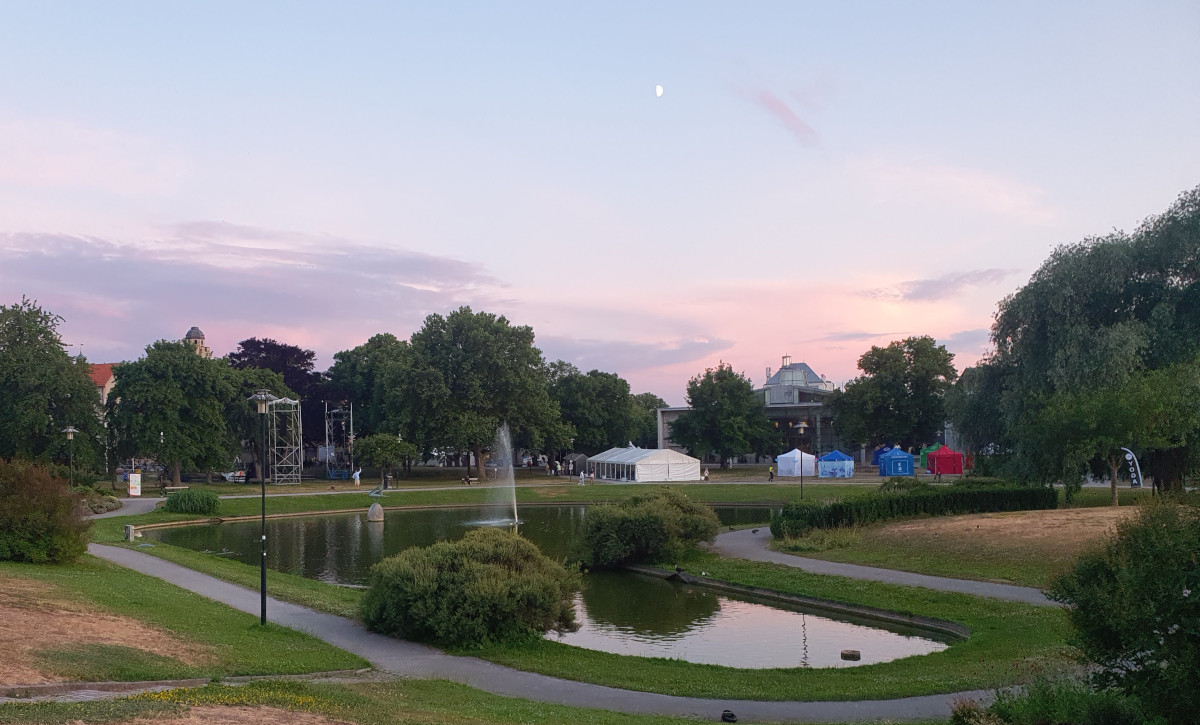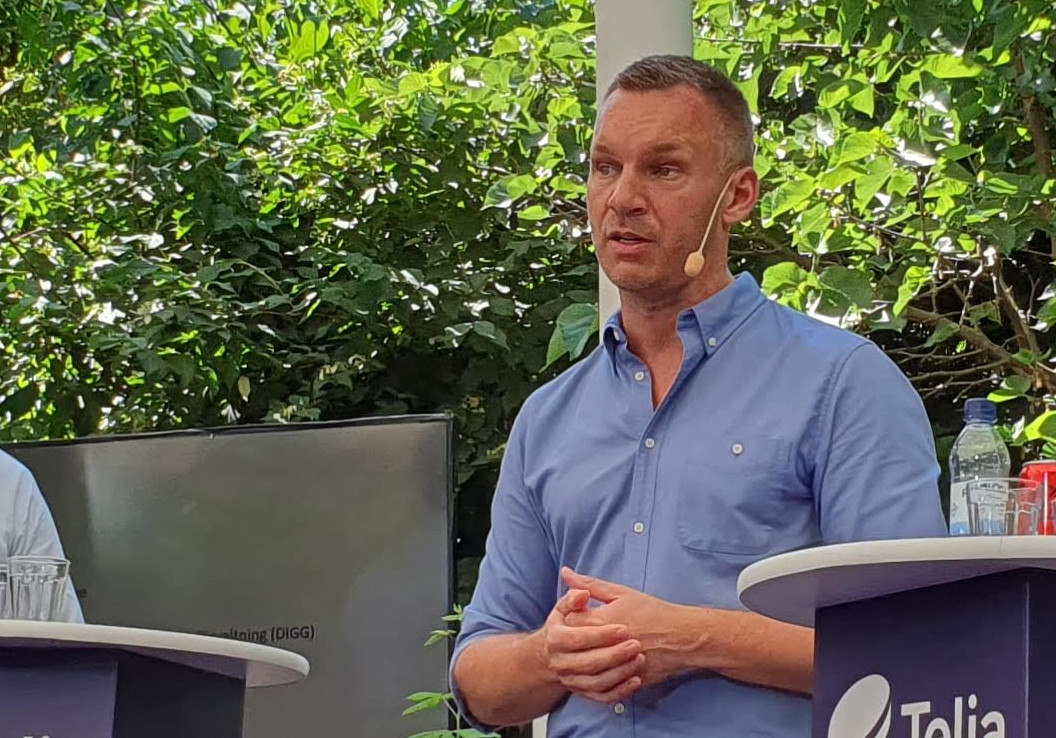Digital and technology trends from Almedalen 2023
Is it a conference, a festival or a fair?
No one is really sure, but everyone agrees that the Almedalen week in Sweden is a unique political event. Politicians of all levels, from party leaders, ministers and members of the Riksdag (parliament) to mayors of municipalities are in the same spot as thousands of lobbyists from large companies, business associations and non-profits, all attending and organizing over 2,000 events in just over four days. However it’s defined, it’s an event where policies and hot topics are debated and everyone is free to show up. This makes it an ideal place to connect with everyone interested in current affairs. At least if you know Swedish, and luckily I do! So, I went to connect with public organizations potentially interested in public code.
 Almedalen, Visby, Sweden.
Almedalen, Visby, Sweden.
So what were the hot topics related to public code this year in Almedalen? At first glance, one could see in the program that 268 out of the 2,170 registered events were related to digitalization, up 13 from last year. While I obviously couldn’t cover all of them - sometimes there were ten events happening at the same time - I still think I picked up a few trends. Unsurprisingly, the two hottest topics were AI and cyber security, in wake of the recent storm of generative AI tools and Russian aggression. In both of these, transparency and openness were raised in several talks and in some also open source.
More generally, open source was most often mentioned in terms of efficiency: that a solution which works in one municipality would be reused more easily by the other 289 by using open source. This was mentioned, for example, by the CIO of Sundsvall municipality, Marcus Matteby, as can be heard in this podcast recorded in Almedalen (in Swedish) or by a Professor in Informatics at Göteborg University, Johan Magnusson, in the event Is the traditional budget a hindrance for digitalization in the Public Sector? (in Swedish). Even the Minister for Digitalization, Erik Slottner, was frustrated by the lack of sharing solutions between municipalities (in Swedish). What is even more important is that these viewpoints seemed mainstream and met very little, if any, opposition.
 Erik Slottner, Minister for Digitalization.
Erik Slottner, Minister for Digitalization.
While the goal seemed to be agreed upon, it was less clear how to get there. A few times open standards were highlighted as a solution both for avoiding lock-in effects, and also for empowerment to enable different systems to connect with each other.
Another way forward that was repeatedly highlighted was passionate evangelists or eldsjälar in Swedish, literally firesouls, a term we also like to use at the Foundation for Public Code. It was recognized that even a small group of firesouls can pilot a solution efficiently and get started.
What was missing was perhaps the realization that to reach scale and reuse after a pilot, systematic support from all levels of the organization is needed, and that the solution needs to be designed for reuse and collaboration. However, when showing the Standard for Public Code to some of the firesouls in Almedalen the response was very good.
We look forward to helping any firesouls that want to make their codebase more reusable and collaborative by implementing the Standard for Public Code. If you work on public code and would prefer a printed version, let us know by sending your postal address to standard@publiccode.net and we’ll mail one to you.